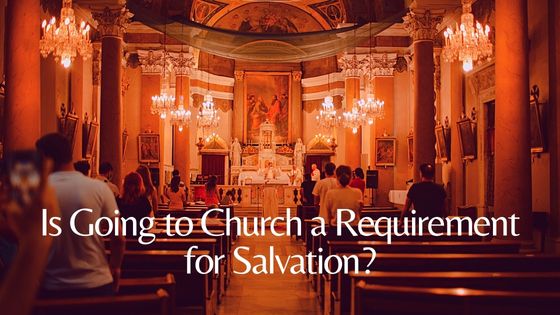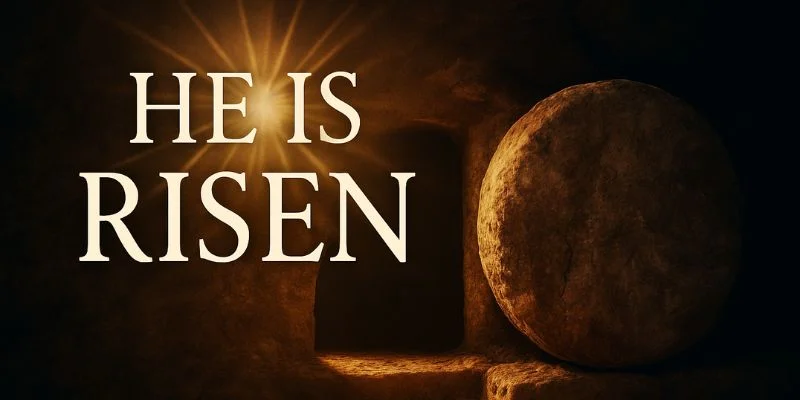Jesus Teaches About Humility and Service
Humility and service are just two of the values that Jesus not only taught but exemplified during His earthly ministry. On so many occasions in the Bible, we read the Lord teaching His disciples to consider others before themselves. Jesus repeatedly emphasized the importance of self-denial and service to others. In Luke 14:7-14, Jesus used … Read more










